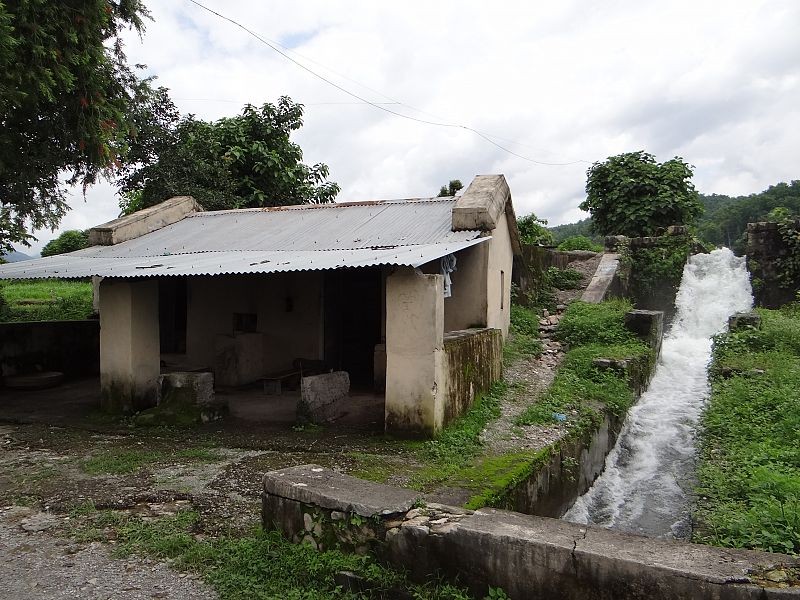This project aims to improve the traditional water mills by replacing wooden equipment in order to make them more efficient and to demonstrate the importance of the technology in the mountainous region. Furthermore, the supply and demand gap of products (such as grains) processed by the water mills could be closed by efficient production and effective marketing.
 The mountainous state of Uttarakhand is well known for its rivers and streams, which are directly or indirectly fed by the surrounding Himalayan peaks. For many years, the inhabitants of these regions have been harnessing the river water for the supply of drinking water, irrigation, hydro power generation and other activities. There are an estimated 15,000 traditional water mills in the state of Uttarakhand, of which only 65% are in operation and 10% are reported to be totally defunct.
The specific objectives of the project are:
The mountainous state of Uttarakhand is well known for its rivers and streams, which are directly or indirectly fed by the surrounding Himalayan peaks. For many years, the inhabitants of these regions have been harnessing the river water for the supply of drinking water, irrigation, hydro power generation and other activities. There are an estimated 15,000 traditional water mills in the state of Uttarakhand, of which only 65% are in operation and 10% are reported to be totally defunct.
The specific objectives of the project are:
- To identify existing and potential livelihood activities that could use the mechanical and/or electrical output available from improved water mills in the district of Uttarakhand
- To facilitate capacity building and training for the owners of the selected water mills
- To facilitate the upgrading of the selected water mills
- To establish marketing opportunities for the products processed by the water mills
Projects with same technology
Exchange: Sharing Learning Across Projects: Operating Micro Hydro Plants (MHP) as Commercially Viable Enterprises
To empower local management committees to develop their MHPs into sustainable and profitable businesses
Active promotion of solar and biomass energy use in Quashqadaryo province, Uzbekistan
Projects in same country
Hybridisation of an Existing Micro Hydro Plant with Solar PV and Integration with the Grid
The project aims to integrate an existing micro hydro power unit into the national grid to prevent it from becoming non-operational and to demonstrate the potential of a grid-connected micro hydro solar hybrid system. Solar power will ensure the reliability of export of power to the grid during dry season while micro hydro becomes partly functional.